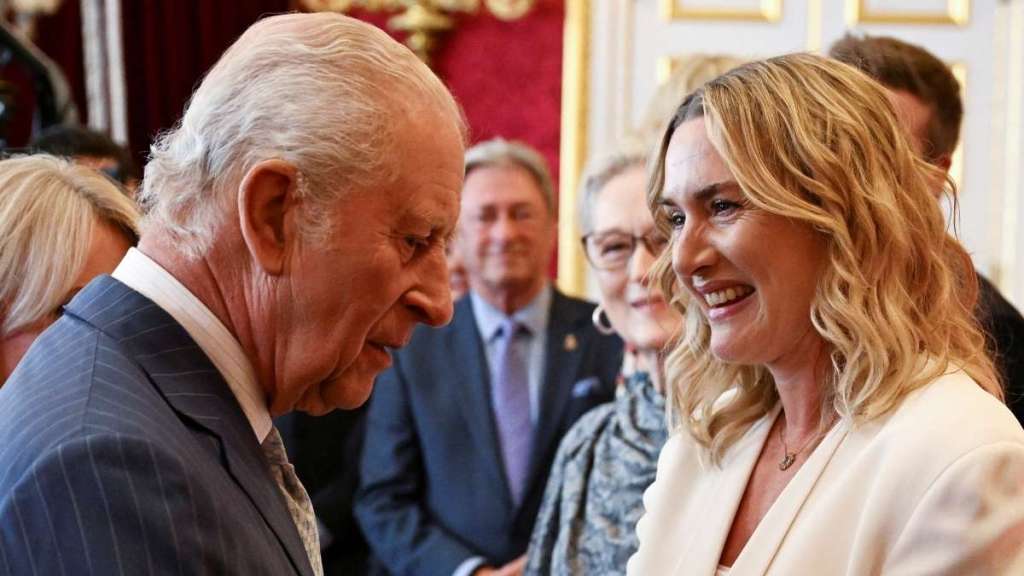Navarro: Markets Adapt to Trade Letters in Ongoing Negotiations

In a recent appearance on Fox News, Peter Navarro, trade advisor to the White House, asserted that the financial markets are beginning to understand the significance of trade letters within the context of ongoing negotiations. He emphasized that these communications are viewed as integral to the evolving trade landscape, particularly as the United States navigates its relationships with various exporting nations.
Shifts in Trade Strategy
Navarro highlighted a notable shift in strategy from lengthy negotiations to a more transactional approach. He stated that countries exporting goods to the U.S. are now expected to pay what he referred to as an “entrance fee” while also addressing “unfair trade practices.” This new perspective marks a departure from previous methods, as the administration aims to hold nations accountable for trade discrepancies.
He criticized the previous initiative of aiming for “ninety deals in ninety days,” labeling it ineffective in achieving substantive progress. This criticism underscores a broader frustration with the pace and outcomes of current trade discussions.
Impact on Corporations and Consumers
Regarding Apple Inc., Navarro conveyed that the administration is poised to apply pressure on major domestic corporations. With tariffs anticipated to increase, he expects that U.S. companies will face mounting pressure to manage costs effectively. This may involve cutting expenses rather than passing increased costs onto consumers, which could have significant implications for profit margins and employment levels.
“The administration will bash the home team,” Navarro remarked, indicating a willingness to confront even major American companies in the pursuit of fair trade.
In the backdrop of these discussions, Navarro also expressed his disappointment with the Federal Reserve, suggesting that the central bank should have implemented a rate cut in July. Such a move, he argued, would have better supported economic stability amid these tumultuous trade negotiations.
As the landscape of international trade continues to evolve, the implications of Navarro’s statements resonate across various sectors. The interplay between tariffs, corporate strategies, and consumer prices will undoubtedly shape the economic climate in the coming months.






